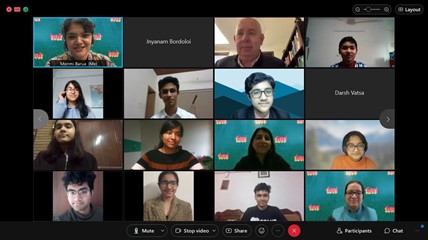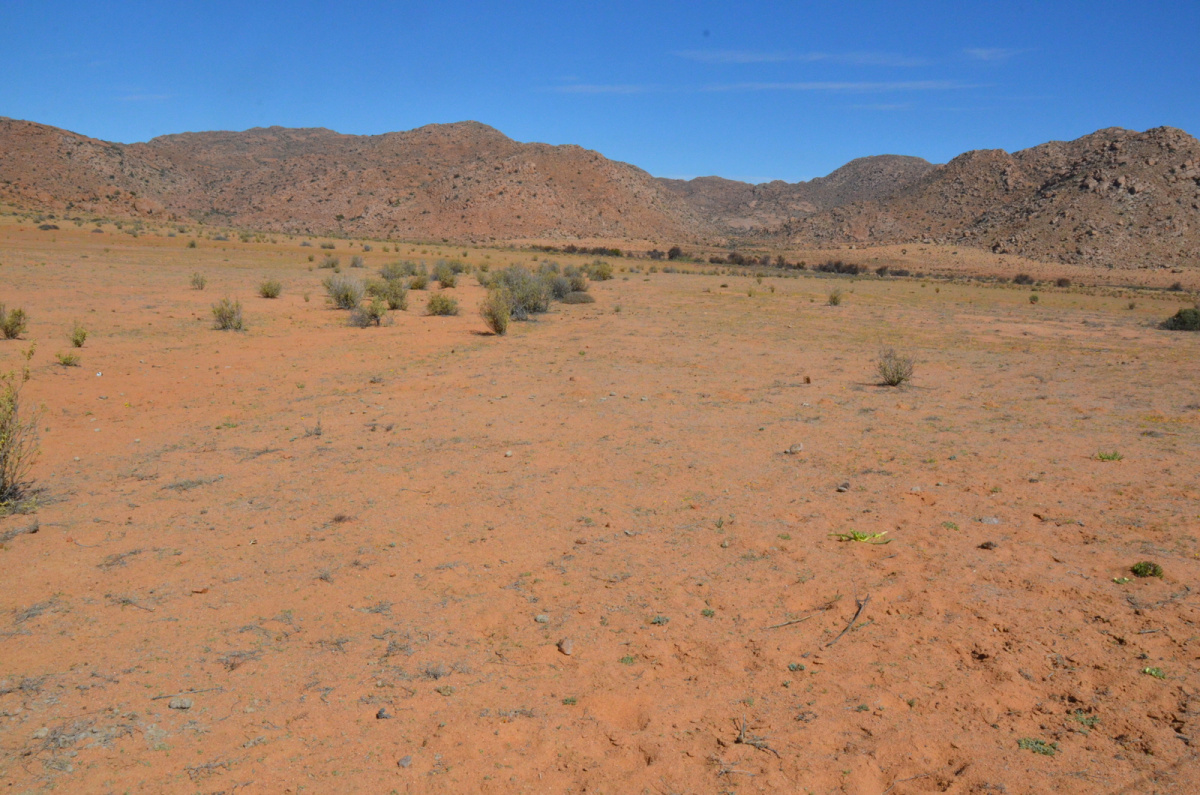Balkhila Model Forest: The first of its kind in the Indian Himalayan Region
Towards the objective of building community resilience to climate change in the Indian Himalayan Region, IUCN recognized the importance of reconciliation between stakeholders and the need to support local economies in their different approaches, two key elements common to the Model Forest approach. In pursuit of the same, Balkhila Model Forest in the state of Uttarakhand is the first of its kind representing the Indian Himalayas and established in the year 2019 under International Model Forest Network.
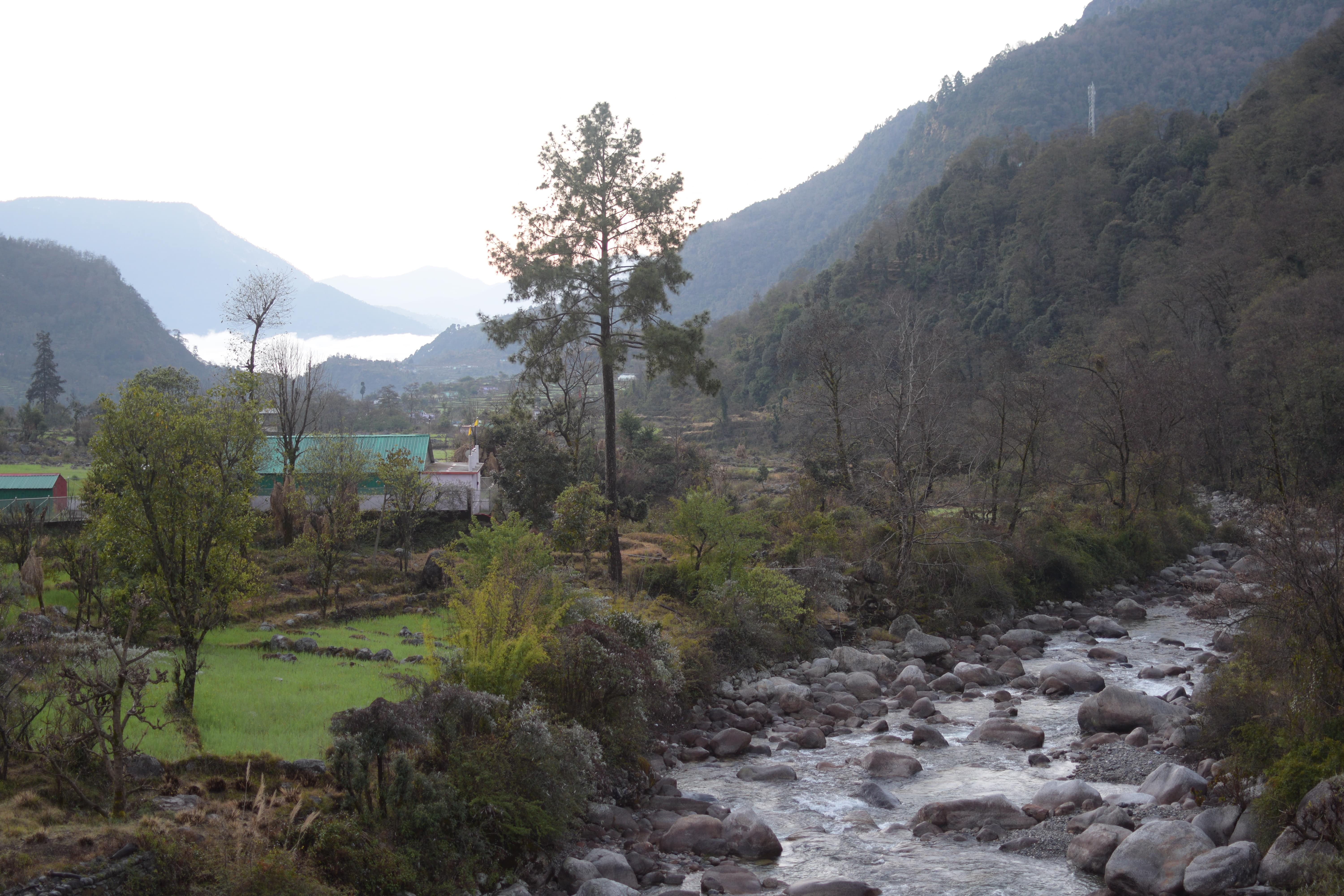
Photo: IUCN India
The International Model Forest Network (IMFN) is a voluntary global community of practice whose members and supporters work toward the sustainable management of forest‐based landscapes and natural resources. Model Forests are based on an integrated approach and built on the principles —landscapes, partnerships and sustainability.
Balkhila River Basin is situated in District Chamoli of Uttarakhand. IUCN has been working in Balkhila Model Forest since 2009 to enhance the climate change resilience of ecosystems and local community by demonstration of traditional and innovative options for improved livelihoods, watershed management and biodiversity conservation using landscape approach. Under the current project “Coping with Uncertainties” supported by National Mission on Himalayan Studies (NMHS) of Government of India, IUCN has implemented number of demonstration pilots towards increasing community resilience to climate change including solar, biogas, watermill revival, spring revival, afforestation, agroforestry, organic farming and livelihood diversification, among others.
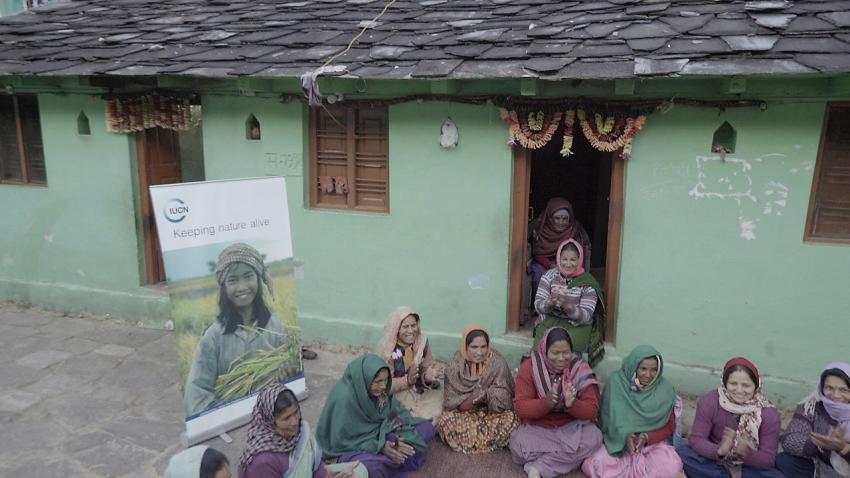 Photo: IUCN India
Photo: IUCN India
Various not-for-profit organizations such as Uttaranchal Youth and Rural Development Centre (UYRDC) and Pan Himalayan Grassroots Development Foundation have collaborated with Model Forest partners to implement the programme of activities to speed-up sustainability practices.
“We will systematize and share best practices and lessons learned in Balkhila Model Forest and build capacity of others toward the sustainable management of forest landscapes”, said Ms. Pratishtha Singh, Project Associate, IUCN.
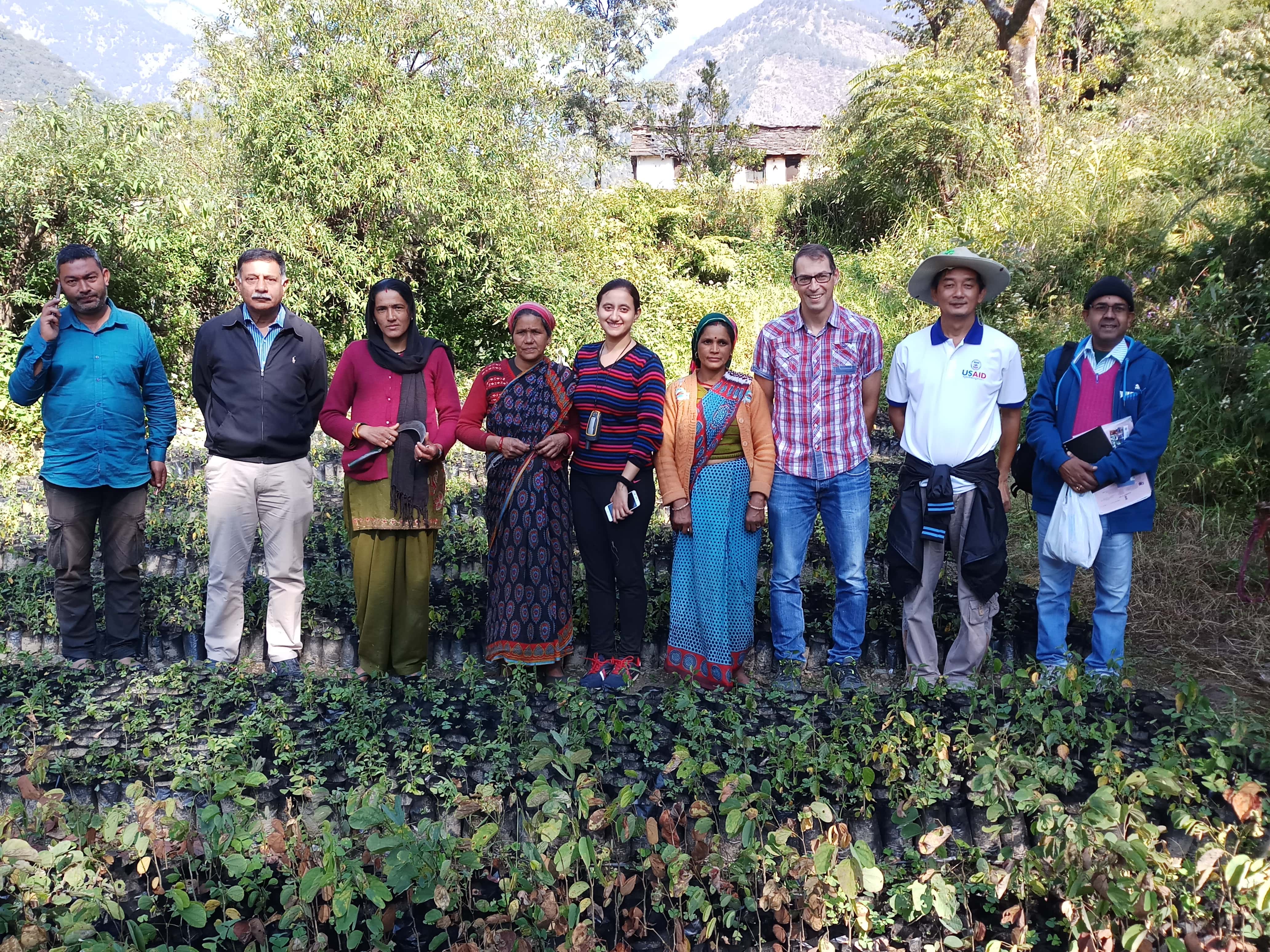 Photo: IUCN India
Photo: IUCN India
In the recent Asia Regional IMFN workshop in Cambodia in November 2019, the participants from around 15 countries held in-depth discussions on their experiences and methods of landscape level intervention. Dr. Vivek Saxena, Country Representative of IUCN India also shared the experience of Balkhila Model Forest in climate change adaptation and mitigation. The work of IUCN in governance, planning and implementing a range of activities in Balkila Model Forest was well received by everyone.
For more details about IMFN, https://imfn.net/
For more details about the project, https://www.iucn.org/asia/countries/india/building-community-resilience-and-ecosystem-based-adaptation-climate-change-indian-himalayan-region-cwu
